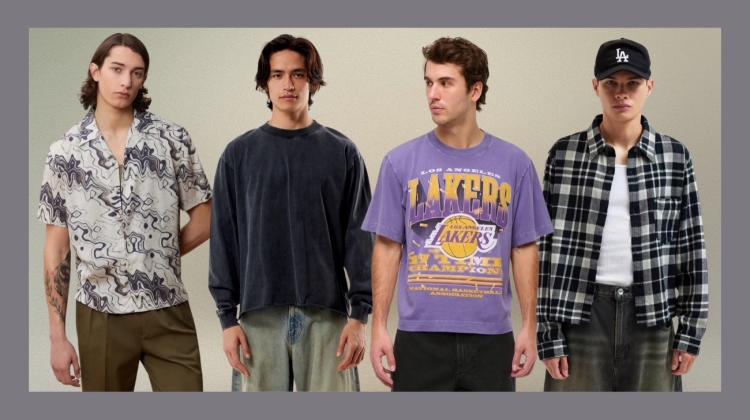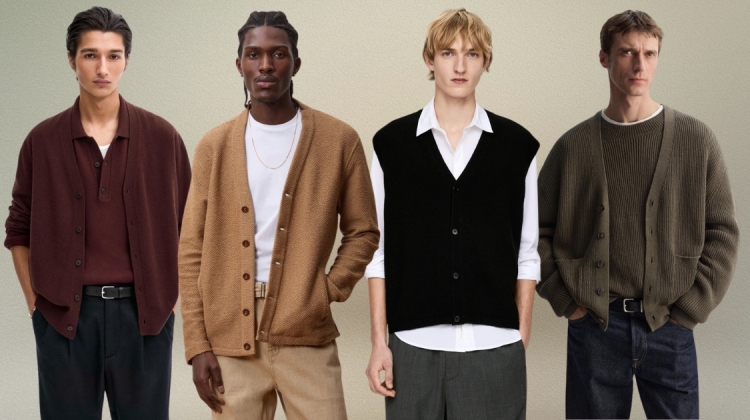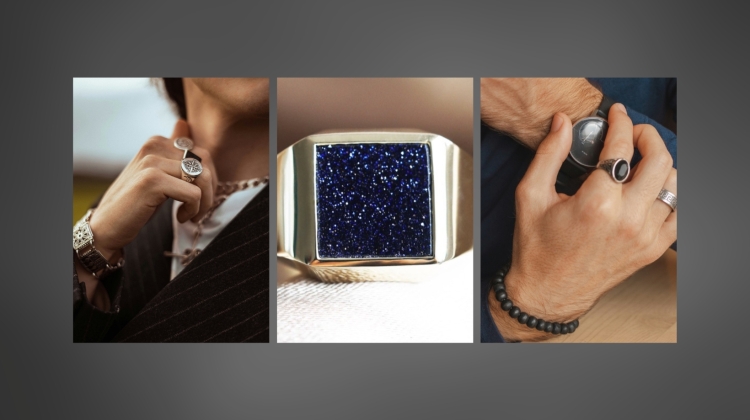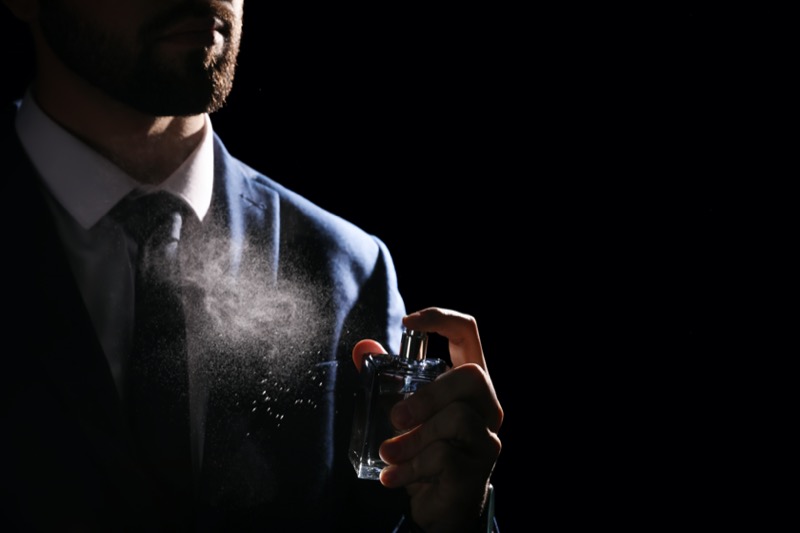
Eau de parfum for men is a fragrance choice defined by its rich, enduring scent, with a concentration level that sits between eau de toilette and pure parfum. This potency gives it a depth that lasts throughout the day, making it ideal for those who want a noticeable yet refined presence.
Eau de Parfum for Men
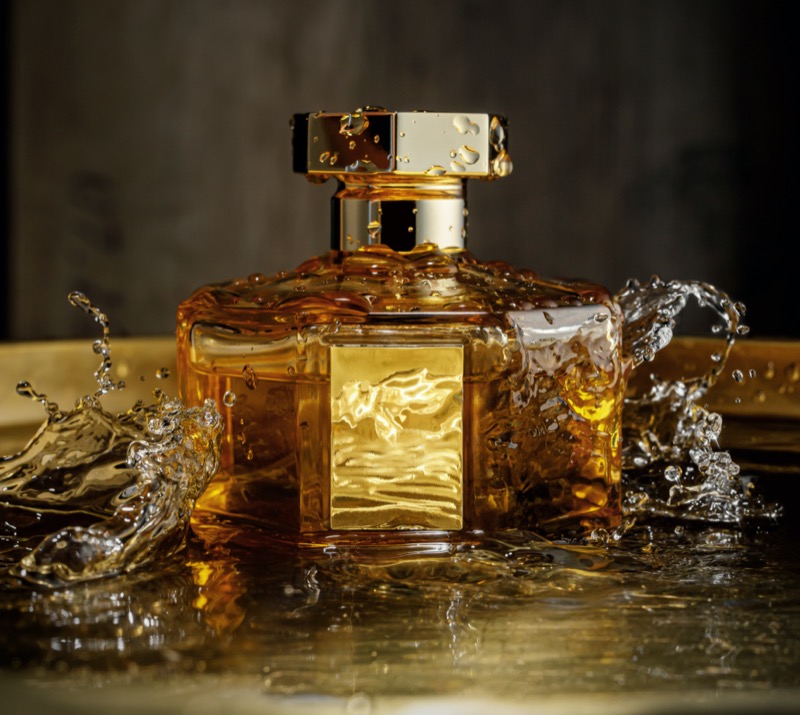
Unlike lighter colognes, eau de parfum, like those from Maison Francis Kurkdjian, lingers and evolves subtly on the skin over hours. This quality appeals to men seeking a scent that doesn’t fade with the first hint of activity.
It’s a lasting statement that can transition seamlessly from morning routines to evening gatherings.
What is Eau de Parfum?
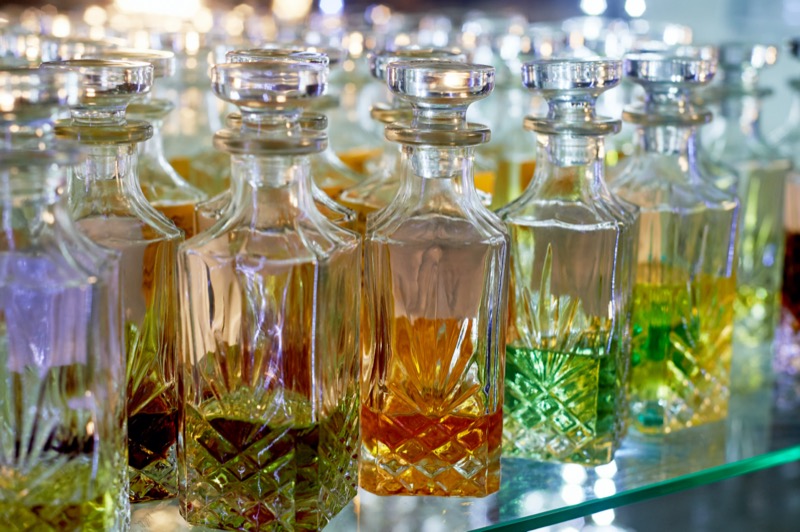
Eau de parfum (EDP) offers a fragrance experience marked by intensity and staying power, owing to its 15% to 20% concentration of essential oils. This composition gives EDP a distinct presence, holding its depth from morning through evening with minimal need for reapplication.
EDP appeals to those who appreciate a fragrance that doesn’t dissipate quickly but unfolds gradually, bringing layers of scent to life over several hours. It’s a choice for men who value a lasting impression—whether at work, social gatherings, or special occasions.
Is It for Men?
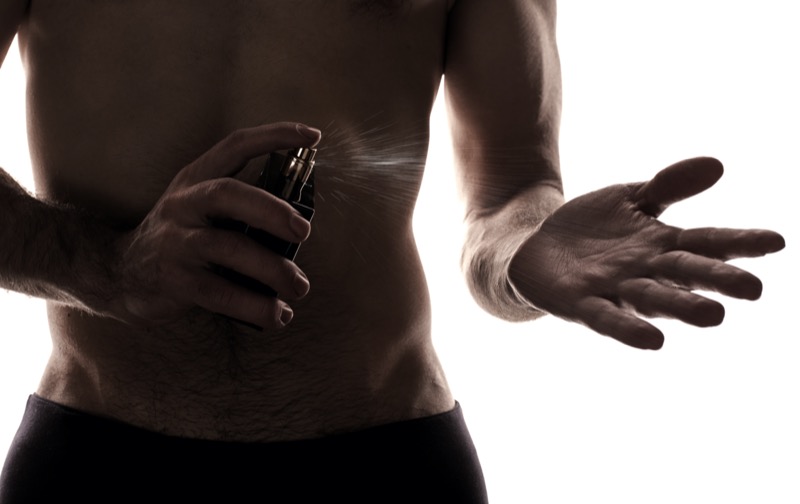
As for whether eau de parfum is for men, it’s a definite yes. Perfumers craft many fragrances in the EDP category with men in mind, featuring notes like wood, spice, and citrus—each chosen to convey a sense of confidence and sophistication.
Modern men often find that eau de parfum complements their style, whether for casual outings or formal occasions. Some even layer it with grooming essentials like aftershave or body wash to deepen the effect, creating a scent that feels personal and unique.
Eau de Parfum Vs. Other Fragrance Types
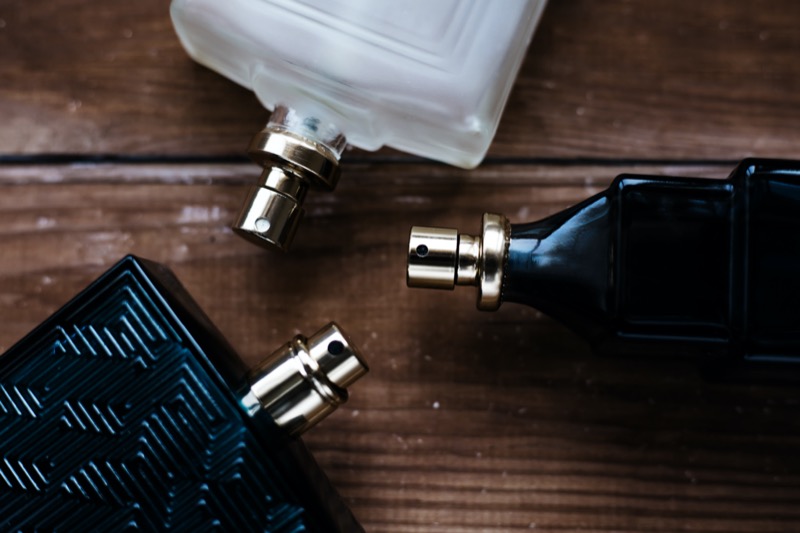
When selecting a fragrance, it helps to know the distinctions among types of cologne like eau de parfum, eau de toilette, and parfum. Here’s a quick breakdown:
- Eau de Toilette (EDT): With around 5% to 15% fragrance oils, EDTs are lighter and work well for everyday wear, especially in warmer weather.
- Parfum: Also called extrait de parfum, this form is the most concentrated (20% to 30% or more), offering a rich and luxurious scent that lasts longest.
- Eau Fraiche: The lightest option, with up to 5% fragrance oils, ideal for a subtle, fresh scent.
Choosing between these types often depends on lifestyle and occasion. For those wanting longevity, especially for special events, eau de parfum is a solid choice over lighter EDTs.
Seasonal shifts matter—lighter scents like eau fraiche or EDT suit spring and summer, while parfum or eau de parfum bring warmth to fall and winter.
Usage Tips for Eau de Parfum
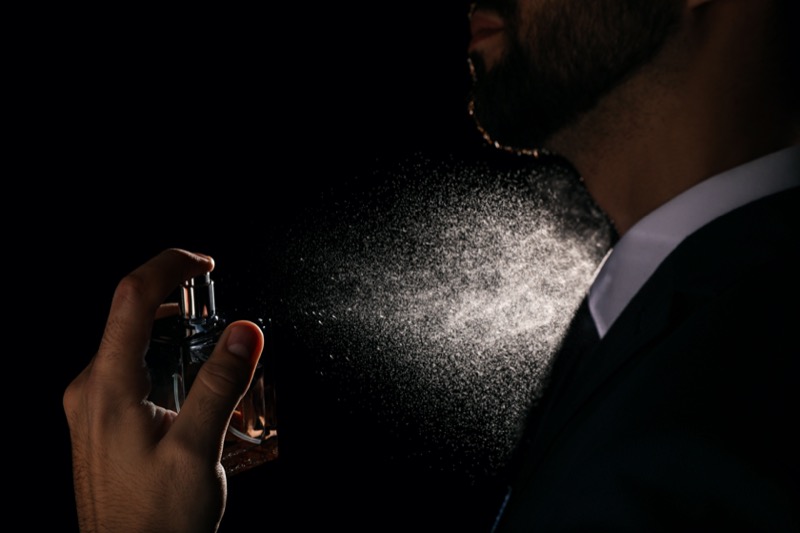
Using eau de parfum strategically can amplify its effect and make it last longer. Here are some tips to enhance your fragrance experience:
- Apply to Pulse Points: Dab on areas like the wrists, neck, and behind the ears, where warmth helps diffuse the scent gradually throughout the day.
- Layer Fragrances: For a more layered scent, pair your eau de parfum with matching scented lotions or oils, adding depth without overpowering.
- Avoid Rubbing: Refrain from rubbing wrists together after applying, as this breaks down fragrance molecules, reducing longevity.
Consider the environment and timing, as well. Warmer temperatures intensify the scent, so a light application may suffice in summer, while cooler weather allows for a more generous spritz.
Many lean toward fresher notes during the day to keep things vibrant, saving deeper fragrances for evening wear to create a lasting impression. Last, remember that fragrance is deeply personal.
Skin chemistry—shaped by factors like diet, skin type, and even hormones—can change how a scent develops. Testing a fragrance on your skin before buying is essential. It’s this unique interaction that makes fragrance a reflection of your individuality.
Key Considerations for Eau de Parfum
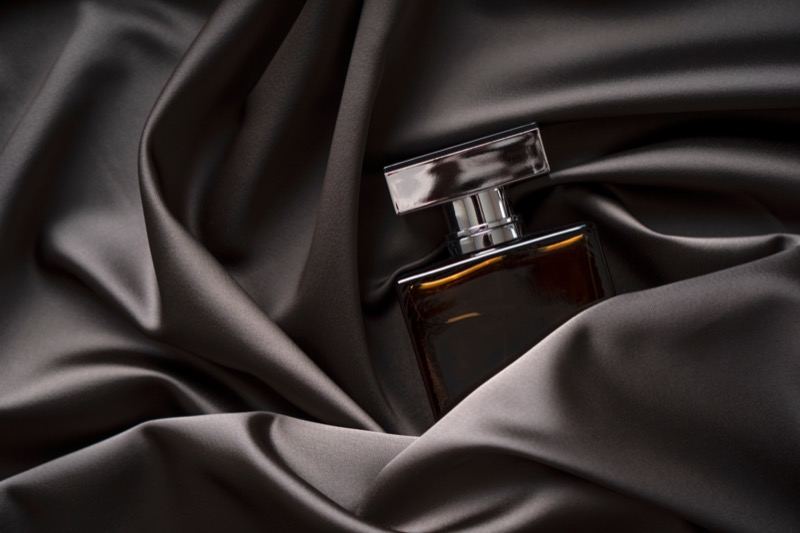
Choosing the right eau de parfum involves more than just picking a scent you like; it’s about understanding the elements that make a fragrance truly suit you. Here are a few essential factors to consider:
- Fragrance Notes: Fragrances unfold in layers, typically divided into top, middle (or heart), and base notes. Each layer plays a role in the scent’s development, with top notes creating the initial impression, heart notes adding depth, and base notes providing lasting warmth.
- Brand Reputation: Not all brands are created equal. Established fragrance houses often prioritize quality control, ensuring balanced, well-crafted scents. Researching brand histories and reading reviews can give insight into a fragrance’s performance and consistency.
- Longevity and Sillage: Longevity determines how long a fragrance lingers on your skin, while sillage refers to the scent’s reach. For eau de parfum, both tend to be stronger than lighter fragrances. Checking reviews can offer clues about how a particular fragrance performs over time and in different environments.
You should always sample in-store, as even the same fragrance can vary slightly between batches. Consider the season and setting; light, fresh notes work well for summer, while richer, deeper notes suit cooler months.
The bottle design can enhance your fragrance experience. Many brands now offer refillable bottles, combining sustainability with luxury.
Lastly, exploring niche or artisanal brands can reveal unique compositions that add character and a personal touch to your fragrance collection.
Practical Advice for Eau de Parfum Enthusiasts
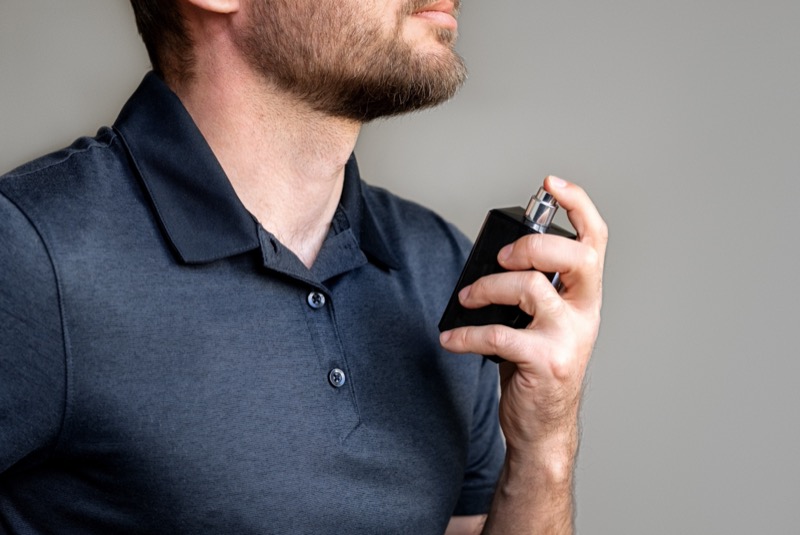
For those who savor the depth and complexity of eau de parfum, building a curated fragrance collection is both an art and a pleasure. Here are some tips to enhance your experience:
- Build a Diverse Collection: Aim to have a selection that spans different moods, seasons, and occasions. Fresh, airy scents can be perfect for daytime, while deeper, spicier notes work beautifully for evenings or colder months. A varied collection ensures you’re prepared for any setting, from casual outings to formal events.
- Stay Informed: Follow fragrance blogs, social media channels, and forums to stay updated on new releases and trends. Enthusiast communities often discuss everything from ingredient innovations to seasonal must-haves, giving you a richer understanding of the fragrance world.
- Attend Fragrance Events: Many cities hold fragrance fairs and tasting events, providing a unique chance to test fresh scents, learn from experts, and connect with other enthusiasts who share your passion.
Fragrance is, at its core, a personal expression. Embrace the freedom to explore and experiment with scents that capture different facets of your personality.
Beyond building your collection, proper storage can preserve the quality of each fragrance. Keep bottles in a cool, dark place, away from sunlight and heat fluctuations, which can alter a perfume’s composition.
Finally, connect with the fragrance community—online forums and local clubs are rich with recommendations and insights. Whether you’re drawn to niche brands or classic scents, the shared experiences of fellow enthusiasts can reveal hidden gems and deepen your appreciation for the craft of fragrance.
